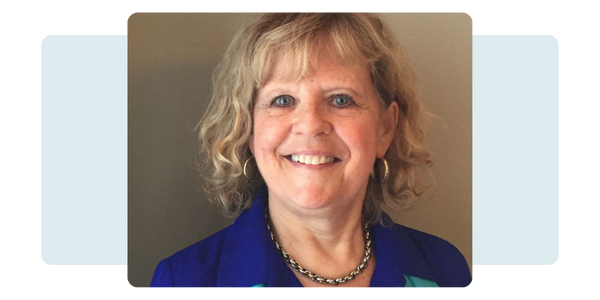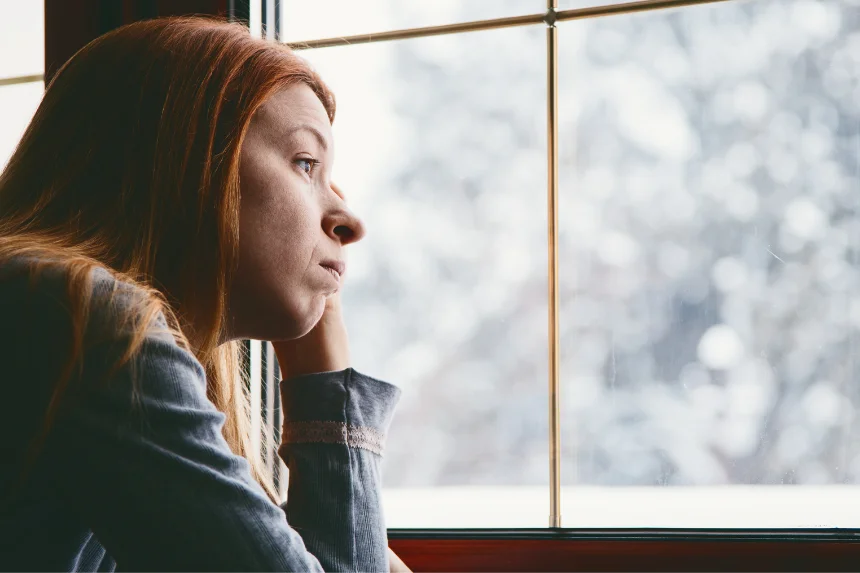Being a female caregiver, between caring for others and caring for oneself
Francine Ducharme, professor emeritus in the Faculty of Nursing at the Université de Montréal, is the first person to be awarded a doctorate in nursing by a Canadian university. She has been a researcher in the field of caregivers for over 30 years. International Women’s Rights Day is an opportunity to talk with her about female caregivers, and to understand the evolution of informal caregiving in Quebec’s recent history.








